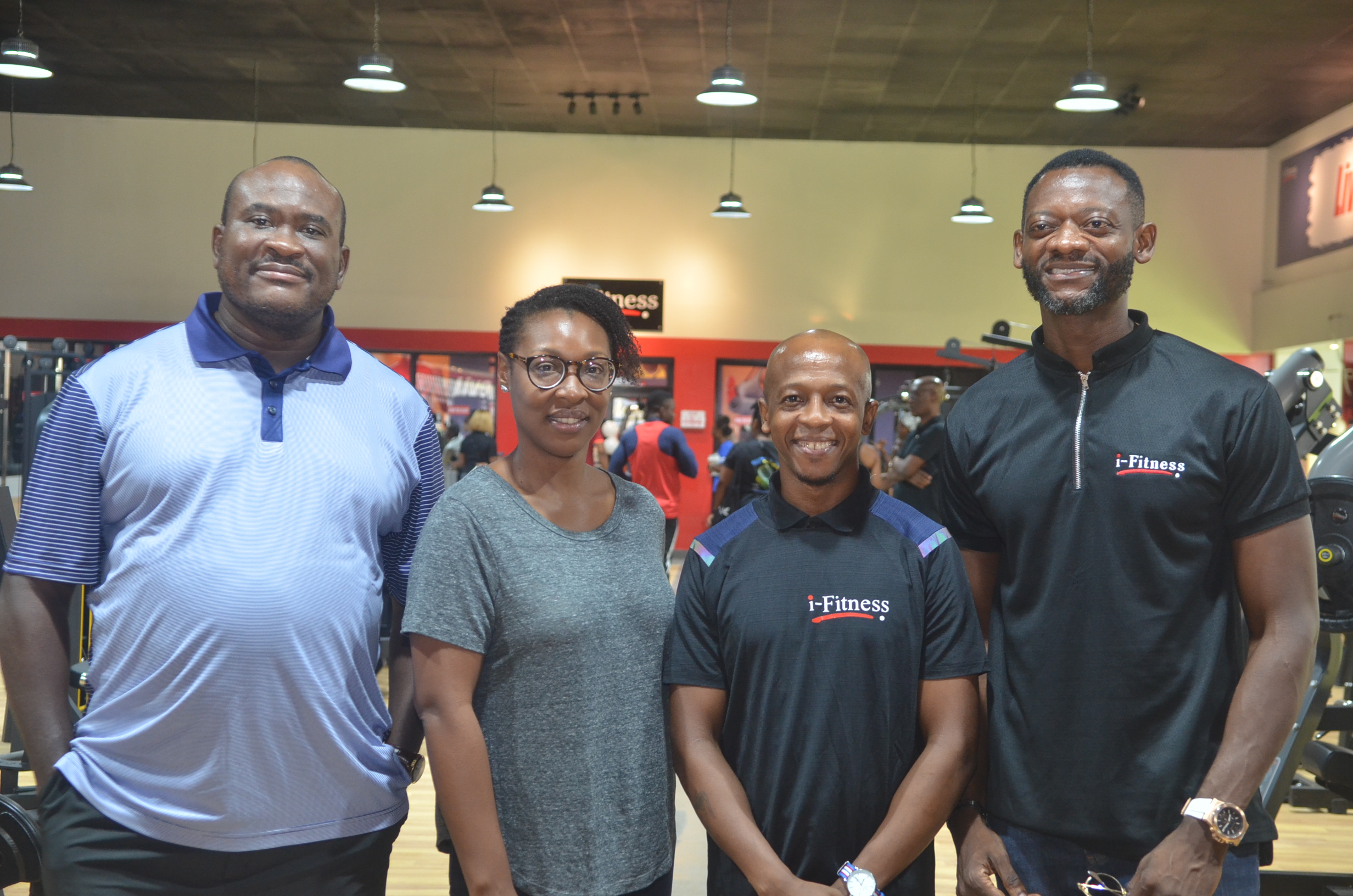Diet & Health
i-Fitness Opens West Africa largest Fitness Outlet In Ikeja
i-Fitness, the fastest and growing fitness chain in West Africa has opened the largest fitness in West Africa, out in Ogba, Ikeja, Lagos.

i-Fitness, the fastest and growing fitness chain in West Africa has opened the largest fitness in West Africa, out in Ogba, Ikeja, Lagos.
The i-fitness outlet which was opened amidst cheers and applause saw a huge turnout of fitness enthusiasts who trooped out to witness the occasion.
The opening of the new outlet comes following the launch of another outlet in Lekki Jakande expressway on February 26,022.
Speaking at the opening of the outlet, the Founder and Managing Director, i-Fitness, Foluso Ogunwale noted that the outlet was inspired by the need to create a rare opportunity for Nigerians to embrace a wellness culture.
“We are happy because it is just an opportunity. We feel that the more we open locations and make fitness affordable, convenient, fun, it would attract a lot of people. We are happy to register our presence in almost all urban locations in Nigeria”, Ogunwale said.
He noted that the new branches would offer the opportunity for urban dwellers to access the best of facilities to keep a healthy lifestyle.
According to him, it became imperative to establish the company in 2015 to address the alarming rate of death caused by non-communicable diseases. He explained that a 2021 global report from World Health Organisation (WHO) had estimated death arising from non-communicable diseases globally to be about 71% noting that this was a wake-up call that led to the planting of fitness chains across Lagos state.
He further revealed that the target of the company in the next 5 years is to ensure that fitness chains take root globally stating that plans are already in the pipeline to launch a Digital fitness that will be accessible to everyone around the world
Also speaking, the chairman of the board, Michael Ikpoki stated that the company is extremely excited about opening the new outlet given that this is the 15th branch in Lagos.
Ikpoki explained that the focus in setting up a new fitness location is aimed at providing opportunities for more Nigerians to access best-in-class gym facilities adding that it would continue to improve on quality as it rolls out more outlets.
“At i-fitness, we are driven by the mantra, live healthier, live happier. The purpose of this company is to enable more Nigerians to live a healthier and happier life. So, if you have a healthier life, you are bound to be happy. For every outlet we open, we try to improve standards or raise the bar in terms of structure, appeal, look, or ambiance”, he said.
He stressed that the company would continue to play its part in creating jobs and contributing to the Lagos economy through the establishment of outlets.
A board member, i-Fitness, Nnenna Onyewuchi stressed that i-fitness remains a veritable platform to help people live a healthier and happier life adding that it is not just about getting fit but about total wellness
“’ We truly believe the healthier you are, the better your feeling and the more productive you can be”, she added.
Another board member, i-Fitness, Femi Ogunjimi, stated that setting up i-fitness is triggered by the desire to encourage people to have good health and wellness.
“A lot of things go on as it relates to our diet. The idea is to encourage people to keep fit”, Ogunjimi added.
A member of i-Fitness, Yetunde Balogun explained that she is highly excited to have an i-fitness location close to her stating that regular exercise was key to keeping strong and staying confident as an individual.
Another i-fitness member, Richard Edet said he has been highly expectant to have an outlet located at close proximity.
Edet urged the youth to develop the culture of doing routine exercise stating that it is key to their fitness.

